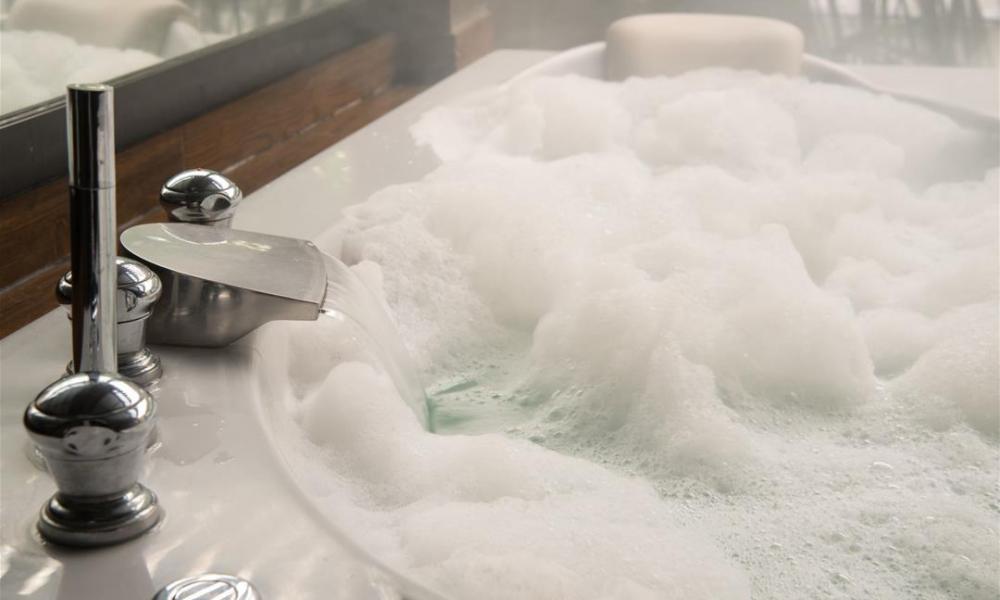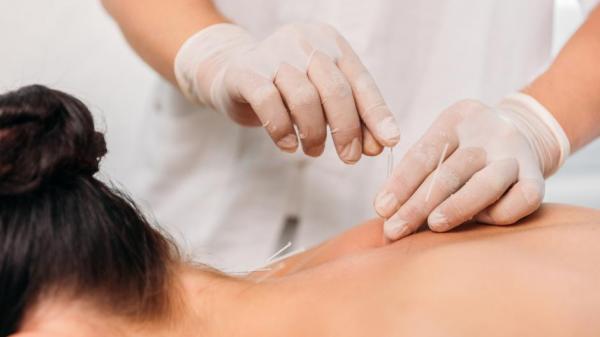
Turn your bath into a powerful weapon against aches, stiffness and fatigue.
Soaking in warm water is one of the oldest forms of alternative therapy, and there’s good reason why this practice has stood the test of time. Research has shown warm water therapy works wonders for all kinds of musculoskeletal conditions, including psoriatic arthritis (PsA).
Soaking in warm water often can help reduce your pain and stiffness. There are many reasons soaking in warm water works. It reduces the force of gravity that’s compressing your joint. Water offers 360-degree support for sore limbs, and can decrease swelling and inflammation and increase circulation.
Generally you will get the maximum benefit after about 20 minutes. But make sure you drink water before and afterward to stay well hydrated.
Here are some other simple steps to make the most of your next bath.
Go warm, not hot. Water temperatures between 33 and 38 degrees celsius are a healthy range. If you have cardiovascular problems, beware of water that’s too hot because it can put stress on the heart. Anything over 40 degrees is considered dangerous for everyone. This is also important if you have psoriasis, as hot water can dry and irritate the skin. If you have psoriasis it is recommended to reduce baths to 15 minutes or less.
Don’t just sit there. Warm water is great for relaxing, but it is also good for moving. Warm water stimulates blood flow to stiff muscles and joints, making a warm tub or pool an ideal place to do some gentle stretching. To ease low back pain, trap a tennis ball between the small of your back and the bottom or back of the tub, then lean into it and roll it against knotted muscles. You may want to ask your physiotherapist for some stretches you can safely do in the bath.
Add some salts. Data collected by the Australian Bureau of Statistics, show that one in three Australians don’t get enough magnesium, a mineral that’s important for bone and heart health. One way to remedy that is bathing in magnesium sulphate crystals, also known as Epsom salts. They’re relatively inexpensive, and can increase magnesium levels. But don’t go overboard; these salts should only be for occasional use. People with diabetes should be aware, too, that high levels of magnesium can stimulate insulin release. Epsom salts may also be beneficial for reducing irritation of psoriasis.
Consider finding a warm water pool. Warm water can be so helpful in fighting the pain and stiffness of PsA and physiotherapists often recommend exercising in heated pools. This way you use water's natural buoyancy to move and exercise without jarring or straining the body. Studies in people with inflammatory arthritis, such as PsA have shown that doing water-based exercise programs two or three times a week reduced pain and improved physical function. The exercise programs also gave an emotional boost, helped people sleep better and were particularly effective for people who were overweight.
If you have psoriasis, here a few tips recommended by dermatologists:
- use a gentle, moisturiser-rich cleanser for sensitive skin. Soaps and scrubs can be too harsh on the skin.
- Wash your skin gently with your hands. Loofahs and wash cloths can irritate the skin.
- Dry your skin gently by blotting you skin with a towel.
- Apply a fragrance-free moisturiser following your shower or bath. This may also help reduce irritation and dryness.










